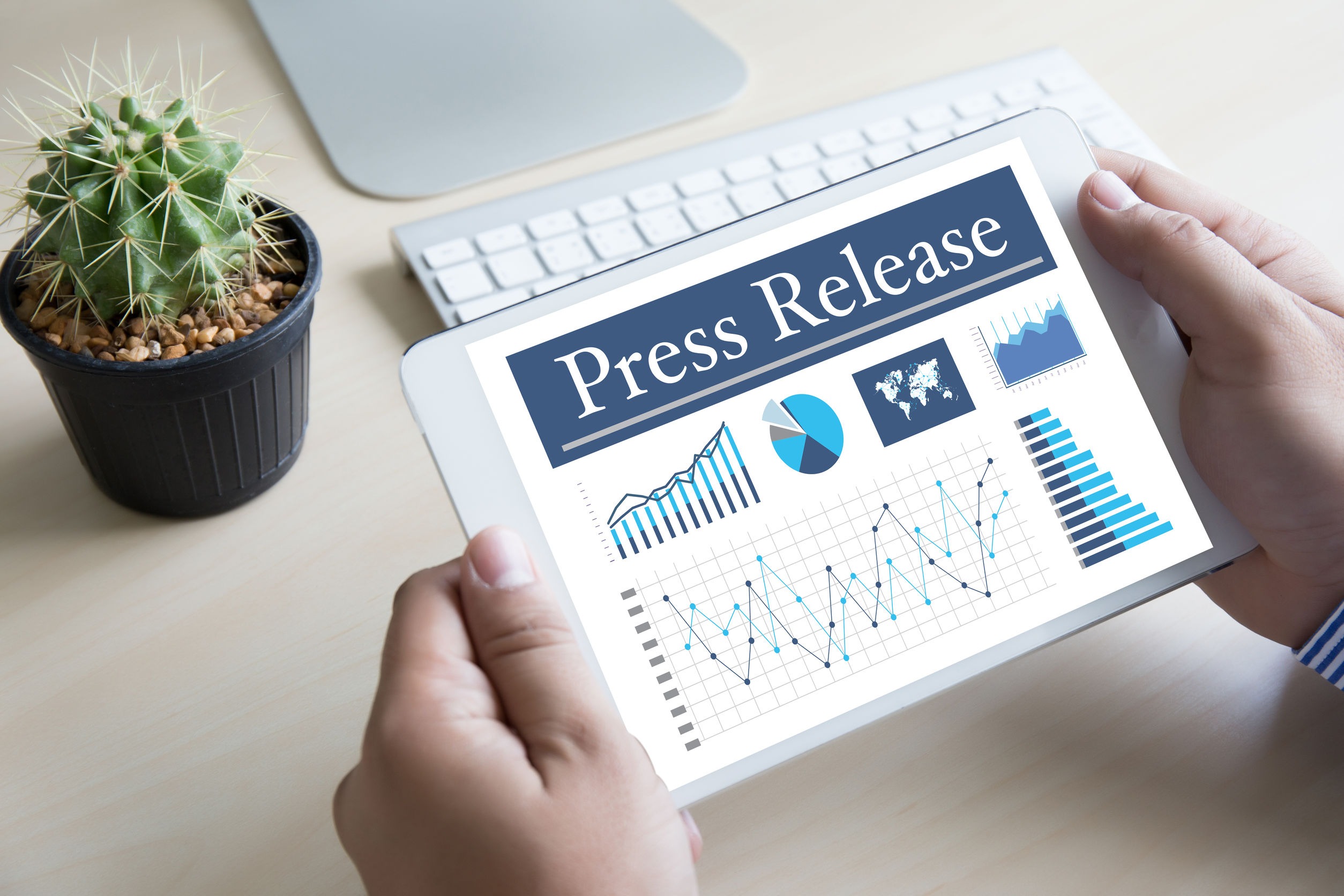
In the wake of recent press releases from prominent social media companies, legal and ethical considerations surrounding content moderation and user data management have come to the forefront. The unveiled information has ignited debates over user privacy, freedom of speech, and corporate responsibility.
Content Moderation Policies Under Scrutiny
Press releases by leading social media platforms have shed light on the challenges they face in moderating user-generated content. Critics argue that while these platforms aim to curb hate speech, misinformation, and harmful content, instances of inconsistent enforcement and controversial decisions have raised concerns about censorship and bias.
Legal experts suggest that the evolving landscape of content moderation intersects with the delicate balance between safeguarding free expression and preventing the spread of harmful information. Questions have emerged about the responsibility of social media companies to establish clear guidelines, ensure transparency in their moderation processes, and address appeals from users affected by their decisions.
User Data Handling and Privacy Concerns
Recent press releases have also cast a spotlight on the handling of user data by social media companies. Allegations of unauthorized data sharing, breaches, and lack of informed consent have prompted discussions about user privacy and data protection laws.
Ethical concerns arise as the public grapples with questions regarding the collection, storage, and utilization of personal data for targeted advertising and content recommendation algorithms. As governments worldwide enact stricter data protection regulations, social media companies are challenged to navigate complex legal landscapes while maintaining user trust.
Corporate Responsibility and Accountability
The release of such information has triggered a broader conversation about corporate responsibility and accountability. Advocates argue that social media companies hold considerable influence over public discourse and should be held to higher standards when it comes to the ethical implications of their actions.
With an increasing demand for transparency, experts emphasize the importance of open dialogues between social media companies, governments, users, and civil society organizations to address concerns related to content moderation, data privacy, and corporate accountability.
As these legal and ethical considerations gain momentum, industry leaders and stakeholders are under pressure to strike a balance that respects individual rights, upholds democratic principles, and ensures the responsible use of technology.
Assessing the accuracy and authenticity of recent press releases
Assessing the accuracy and authenticity of recent press releases is crucial to ensure that the information being presented is reliable and trustworthy. Here are several steps to consider when evaluating the accuracy and authenticity of recent press releases:
- Source Verification:
Check the source of the press release. Is it from a reputable company, organization, or government agency? Reliable sources are more likely to provide accurate information.

- Official Channels:
Verify if the press release is published on the official website or newsroom of the organization. Official channels are more likely to provide accurate and authentic information.
- Cross-Reference with Independent Sources:
Check if the information provided in the press release is supported by independent and credible news sources. If multiple reputable sources corroborate the information, it’s more likely to be accurate.
- Check for Inconsistencies:
Look for inconsistencies within the press release itself. Does the information match with other available data? Inaccuracies and conflicting details may indicate a lack of authenticity.
- 5. Analyze Language and Style:
Evaluate the language and style of the press release. Does it use proper grammar and formatting? Authentic press releases are professionally written and adhere to industry standards.
- Contact Information:
Check if the press release includes valid contact information for media inquiries. Authentic releases usually provide accurate contact details for verification.
- Quotes and Attribution:
Assess any quotes included in the press release. Are they attributed to reputable individuals within the organization or industry? Authentic quotes should be traceable to credible sources.
Final Thoughts
Remember that recent press releases can sometimes be biased or present a certain perspective. By applying these assessment techniques and utilizing a combination of trusted sources, you can make informed judgments about the accuracy and authenticity of recent press releases.







